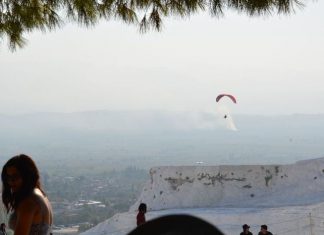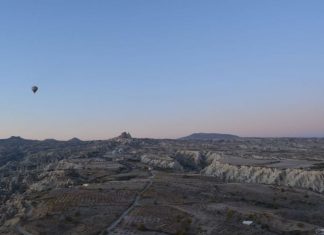The Lost Phcebe – Theodore Dreiser (1871-1945)
Theodore Dreiser came from the Middle West. For some years a journalist, he wrote his first novel, Sister Carrie, out of his deep conviction of the bitterness and sorrow and stupidity of modern life. This was followed by other novels, but it is not until recently that Dreiser has found a large reading public. His short stories are part and parcel of the man’s work.
“What,” asks Sherwood Anderson, “has Dreiser given us? A fine growing and glowing tradition, a new sense of the value of our own lives, a new interest in the life about us, in offices, streets and houses.”
The Lost Phcebe is reprinted by permission of Constable & Co., publishers.
The Lost Phcebe
They lived together in a part of the country which was not so prosperous as it had once been, about three miles from one of those small towns that, instead of increasing in population, is steadily decreasing. The territory was not very thickly settled; perhaps a house every other mile or so, with large areas of corn- and wheat-land and fallow fields that at odd seasons had been sown to timothy and clover.
The Lost Phcebe – Their particular house was part log and part frame, the log portion being the old original home of Henry’s grandfather. The new portion, of now rain-beaten, time-worn slabs, through which the wind squeaked in the chinks at times, and which several overshadowing elms and a butternut-tree made picturesque and reminiscently pathetic, but a little damp, was erected by Henry when he was twenty-one and just married.
That was forty-eight years before. The furniture inside, like the house outside, was old and mildewy and reminiscent of an earlier day. You have seen the what-not of cherry wood, perhaps, with spiral legs and fluted top. It was there. The old-fashioned four poster bed, with its ball-like protuberances and deep curving incisions, was there also, a sadly alienated descendant of an early Jacobean ancestor.








